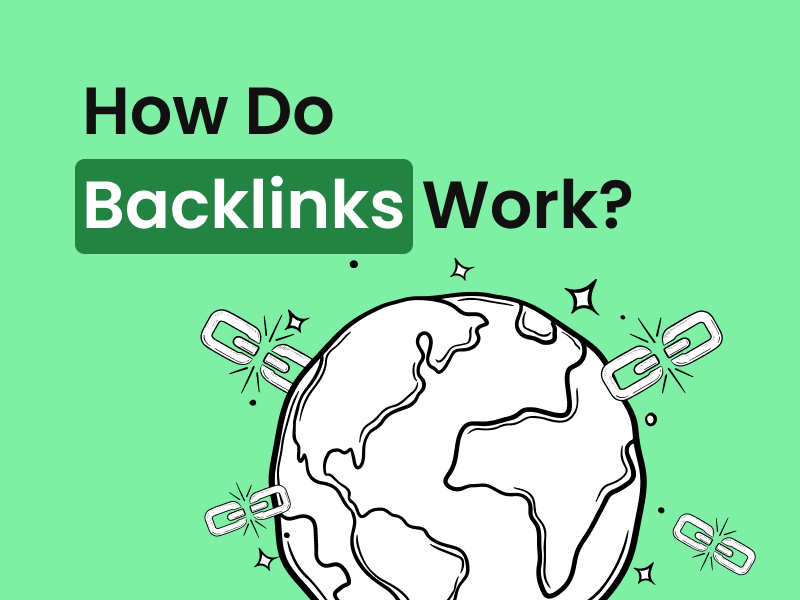Top 5 Local SEO Tips for Restaurants in 2024
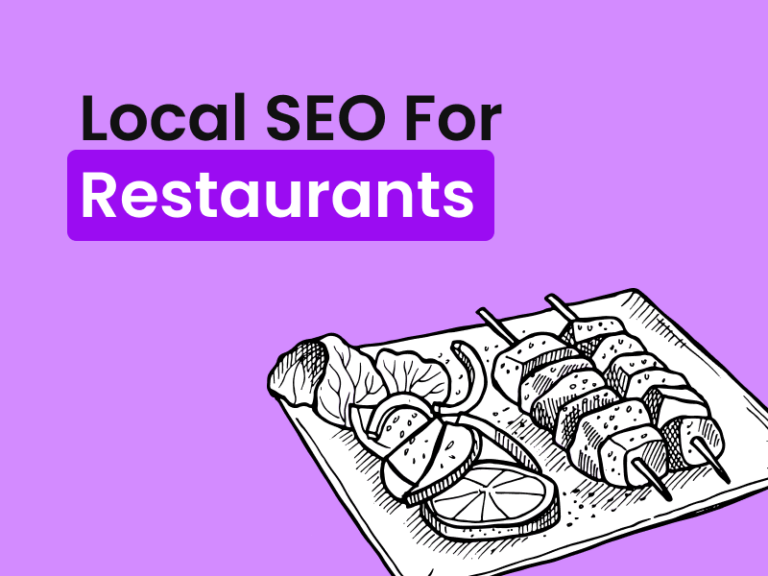
By Melissa Ng | Last Updated 29 March 2024
Introduction to Local SEO for Restaurants in 2024
Why Every Restaurant Needs To Work On Their Local SEO
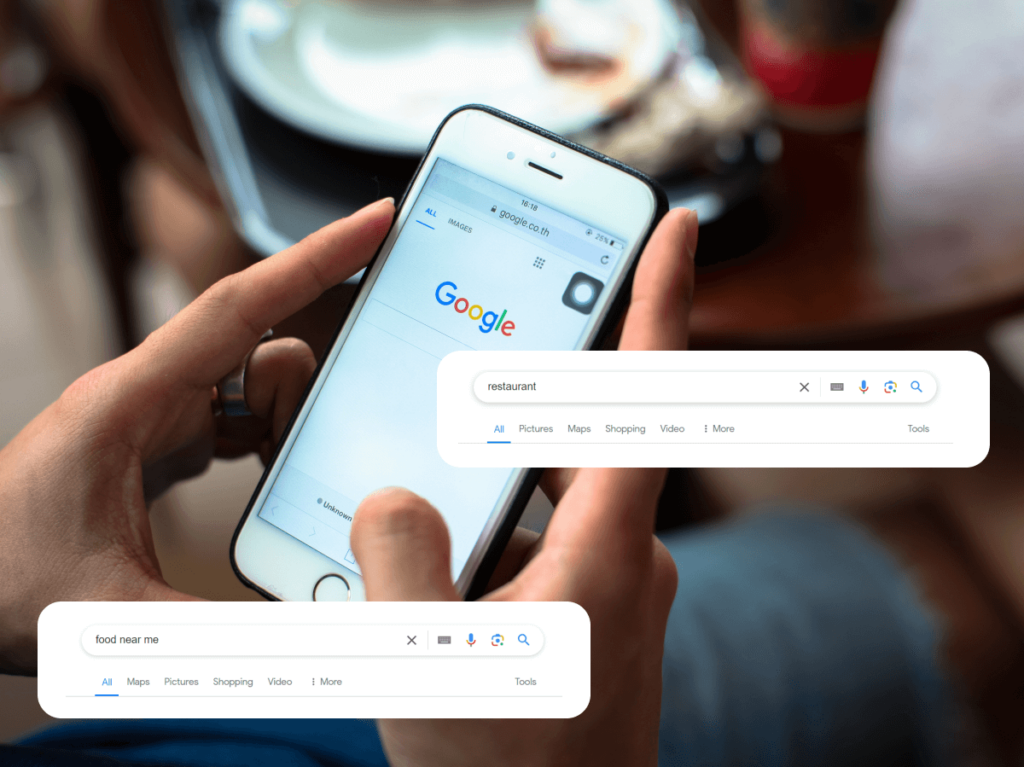
When people are hungry and looking for a place to eat, you want your restaurant to be the first thing they find online.
Data from Google shows that restaurant and food-related searches like “restaurants”, “restaurants near me”, and “food near me” commonly appear in the top 20 searches for many retailers.
As we move into 2024, getting your local SEO right is more important than ever. It’s about making sure your restaurant pops up in search results when people nearby are looking for a good meal.
Need a crash course on local SEO? Check out our blog posts:
What is Local SEO and How Does it Work? A Comprehensive Guide to Local Search in 2024
The Complete SEO Guide For Dummies: Search Engine Optimisation For Beginners
How Restaurant SEO Is Changing
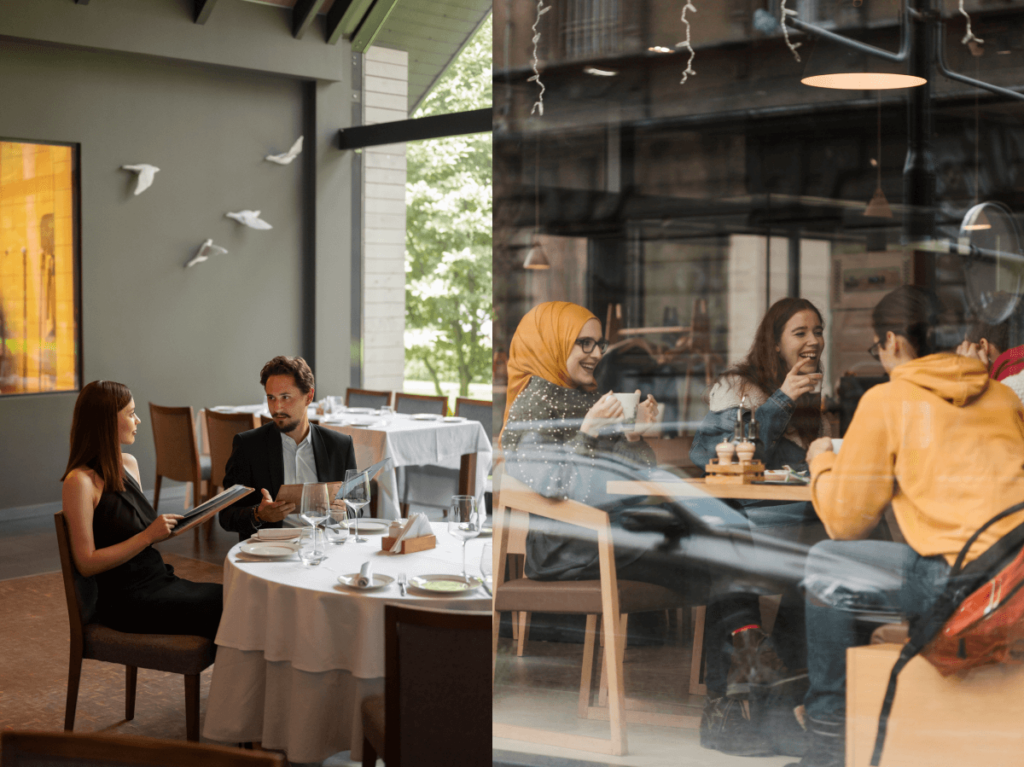
SEO for restaurants is always changing, kind of like how your menu changes with the seasons. Looking ahead, it’s clear that SEO isn’t just about stuffing your website with keywords or buying dodgy backlinks. It’s about providing an awesome experience right when someone starts looking for a place to eat.
Search engines, like Google, are getting smarter, aiming to give people exactly what they want – and that means they’re really into local spots that bring their own flavour to the table, online and offline. Your restaurant’s online vibe should feel like a sneak peek of what diners can expect when they visit.
With all the new tech like AI, talking to devices, and everyone using their phones to find their next meal, staying on top of these trends is key.
To keep up, restaurants need to get creative. Mix SEO with great stories about your food, use data to get to know what your customers like, and make every online interaction so good they can’t wait to come in and eat.
Creating A Local SEO Strategy For Your Restaurant
How To Make Your Restaurant Stand Out Online

When you’re trying to show off what’s special about your restaurant, it’s like putting your best dish front and centre on the menu. There are tons of places to eat out there, so figuring out what makes yours the go-to spot is crucial. Maybe it’s your commitment to farm-to-table, your unique take on combining different cuisines, or that dessert everyone can’t stop talking about.
Putting this unique niche into words online isn’t just about grabbing attention; it’s about building a crowd of regulars who love what you stand for. Talk about the story behind your place, the care that goes into your dishes, and the local partners that make your food even better. This kind of stuff doesn’t just make for good reading; it helps your restaurant stick in people’s minds.
Keep Up With The Latest Trends In Local SEO

To really stand out in your local food scene, it’s crucial to keep up with the newest local SEO tips. SEO trends are always changing, and staying flexible and consistently working on your SEO is key to staying on top in Google’s search results.
Looking into the future, the big things in local SEO are all about making your website more personal and a bit smarter with some automation. This is the time to show off how you’re keeping things green and the cool stories behind your menu items, in ways that both food lovers and search engines will love.
With more people using voice to search and everyone expecting websites to work perfectly on phones, getting your site right for spoken questions and making sure it looks great on mobile are must-dos.
Top 5 Local SEO Tips For Restaurants
Get Smart With Your Google Business Profile
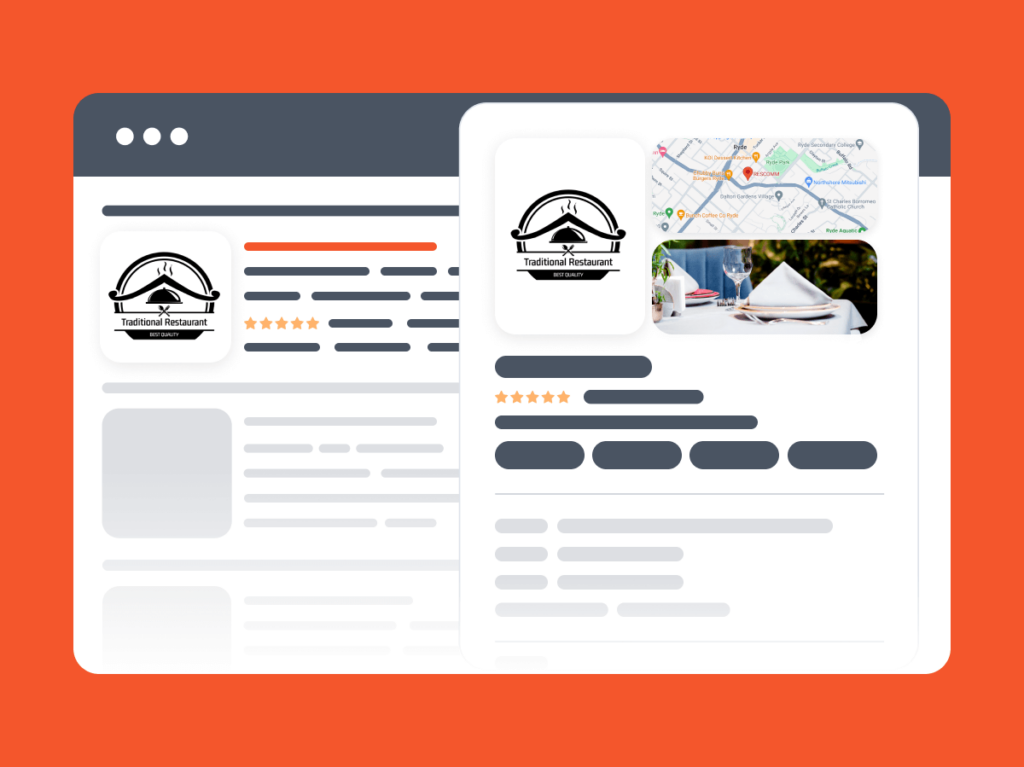
Having a Google Business Profile (previously known as Google My Business) is essential for getting noticed locally and making the most of your profile is key. Google has updated it so it’s more than just a listing; it’s like a mini website that pops up right in search results, giving everyone a quick snapshot of your place.
Starting is easy. Make sure your profile paints a full picture of your restaurant: the vibe, what kind of food you serve, and any special things you do, like live music or your can’t-miss Sunday brunch. Use the right words to describe your place – think about what you’d type into Google if you were looking for a meal like yours.
Let’s take a hypothetical Sydney café known for its brunch, “Sunny Side Up Café” in Bondi. They might use keywords like “Bondi Beach café”, “best brunch in Sydney”, and “artisan coffee” to not just describe but to draw in the brunch-loving crowd. Remember, it’s also about the little things that set you apart, like “ocean view”, “vegan options” or “gluten-free options”. This is your change to show off why your dining experience is one-of-a-kind.
Make Your Website Mobile Friendly
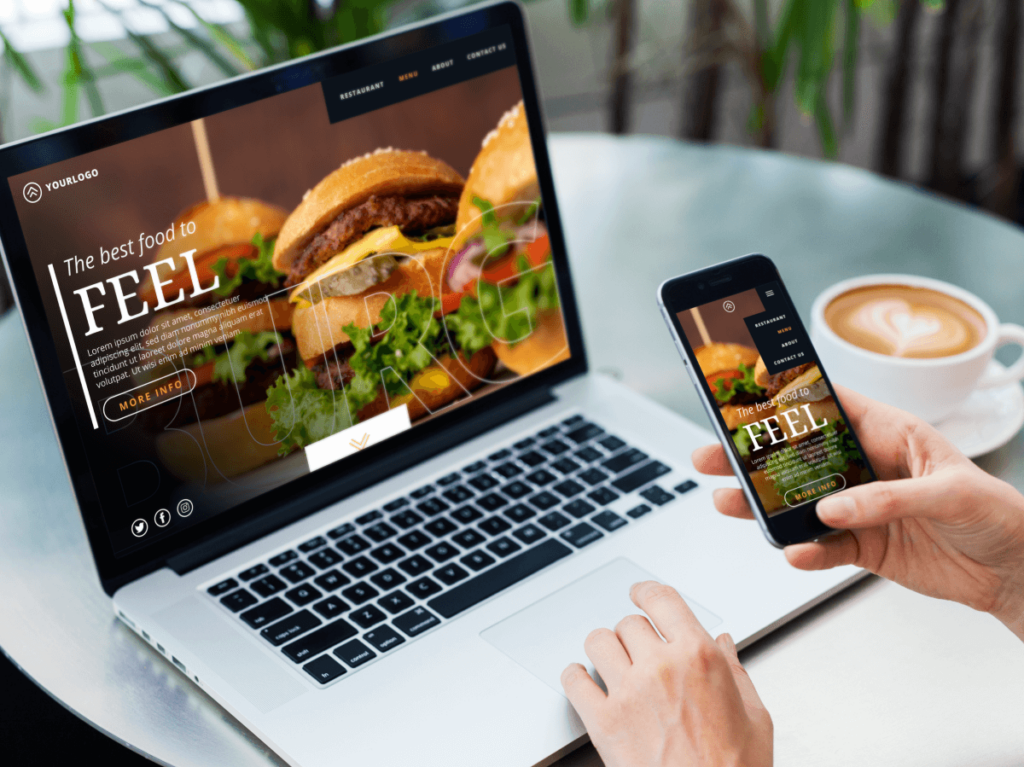
These days, most people looking for a place to eat are doing it on their phones, so getting your restaurant’s website mobile optimised is crucial. It needs to be quick and easy to use.
Google is all about mobile-first these days, meaning it likes websites that work well on phones even more. So, your website needs to look good and work smoothly on mobile, not just on a computer.
To stay ahead, keep an eye on how fast your website loads on phones and make it faster if you need to. Even a few extra seconds waiting can make people look elsewhere. Make sure it’s easy for people to do everything they need, like looking at your menu, booking a table, or ordering food, right from their phone.
You might like to read our blog post: Speed Up Your Site: Essential Tips On How To Improve Website Page Speed.
Use Local Keywords To Stand Out

Adding local keywords to your site makes your restaurant pop up in local searches. Think of these keywords as the special ingredients that give your online vibe its own unique taste, helping you stand out from the crowd.
So, instead of just saying you’re an “Italian restaurant”, try “authentic Italian restaurant in Sydney” or “best pasta in Surry Hills”. This helps search engines understand where you’re located and makes it easier for locals craving what you offer to find you.
But don’t just throw these keywords in wherever. Weave them into your website’s text naturally – on your homepage, in your menu descriptions, on your about page, and in your blog posts. They should blend in as seamlessly.
Read our guides on keywords for more detail:
What Are Keywords? A Simple SEO Guide To Keywords For Beginners
What is Keyword Stuffing? Definition, How to Avoid and Why It’s Bad for SEO
Long Tail Keywords: Find and Use Them for Traffic
Get More Reviews
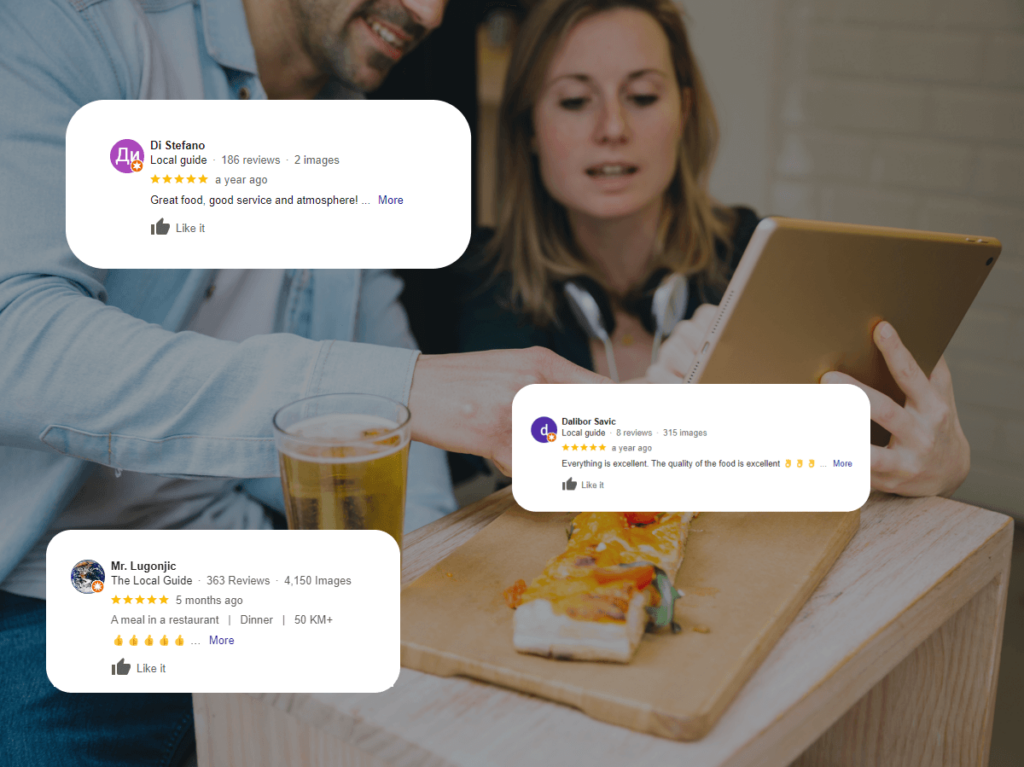
Reviews are the word-of-mouth of the online world and they’re very valuable. The importance of getting feedback from customers is bigger than ever and getting people to leave reviews can help make your restaurant more visible and trusted online.
The best way to start is just to ask. Once customers have enjoyed their meal, encourage them to share what they thought online. You could leave a little note with their bill or send them a message later thanking them for coming and asking if they’d mind leaving a review.
You might even think about offering something small, like a discount next time they come in, to thank them for their honest feedback. Just be careful to keep it classy so it doesn’t seem like you’re just trying to buy good reviews.
Use Advanced Schema Markup For Rich Snippets
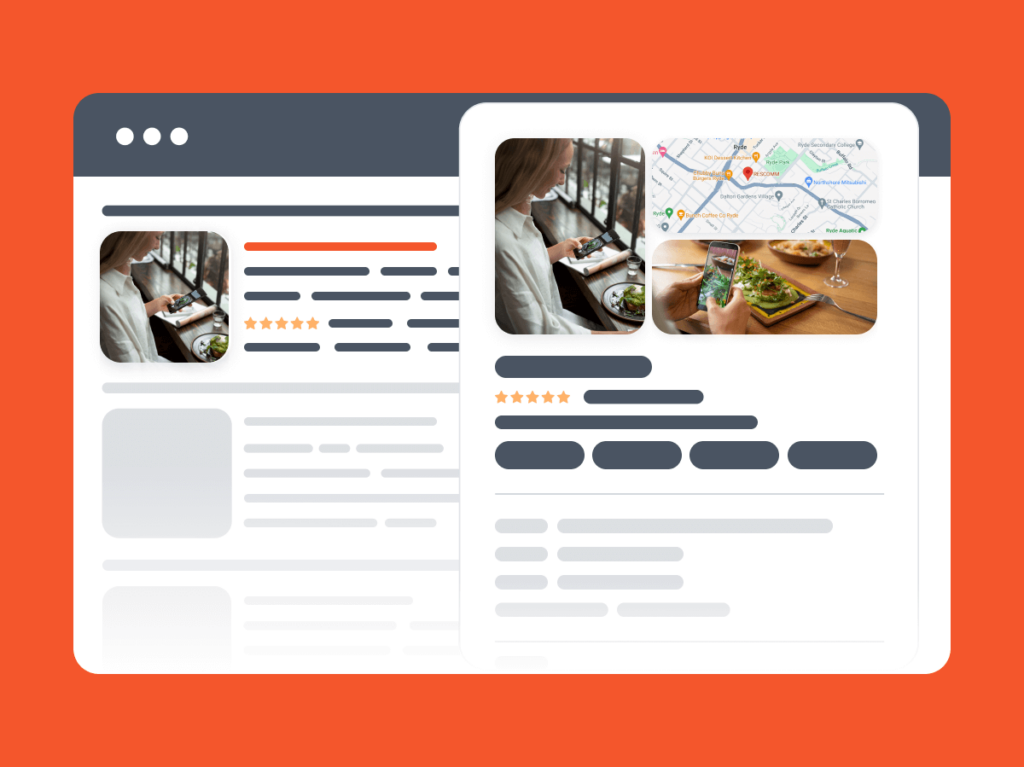
Schema markup makes your restaurant’s online listing stand out in search results. By adding this special code, you’re helping search engines understand what’s on your site, so they can show it off better with rich snippets.
It can let you show off your menu, prices, reviews, and even the chef’s special right in the search results. These details can really draw people in.
FAQs
What Makes Local SEO Different for Restaurants?
Local SEO for restaurants is a bit different because it’s all about reaching people nearby. This means using the right local words, showing up in local searches, and really caring about reviews and mentions in local directories. It’s all about connecting with the community around you.
How Often Should I Update My Local Listings?
You should update your local listings any time there’s a change in your restaurant’s details – like a new menu, different hours, or if you move. Plus, even if nothing changes, give your listings a once-over every few months. This keeps everything spot-on and lets you take advantage of any new options these directories might roll out.
Does Local SEO Really Pay Off For Restaurants?
Yes! Local SEO works by getting more people to visit your website without paying for ads, making your place easier to find online, and drawing in more guests. When you focus on locals who are already looking for a great place to eat, you’ll likely see more bookings and walk-ins, which means more sales.
Submit An App
Seen a cool app you think we should review? Submit your recommendation using our form.

